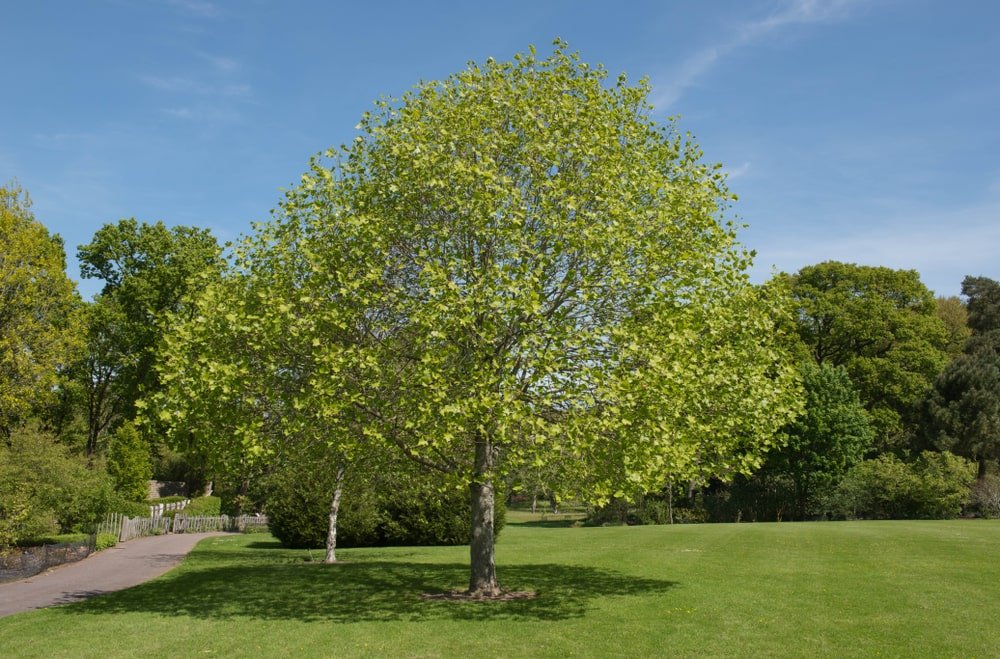Extract from the Tulip Tree Improves Heart Disease
Study Summary
Honokiol is a natural product extracted from the bark and leaves of the tulip tree and has been used as a pain killer in traditional medicine in some parts of Asia. This study used honokiol on mice with a cardiac-specific deletion of Pkp2 protein and stem cell–derived PKP2-deficient myocytes. Treatment with honokiol increased SIRT3 (mitochondrial nicotinamide adenine dinucleotide–dependent protein deacetylase sirtuin-3) activity, reduced oxidant levels and DNA damage in vitro and in vivo, reduced collagen abundance in the right ventricular free wall, and had a protective effect on right ventricular function.
Study Citation
Pérez-Hernández, M. van Opbergen, C. J. M., Bagwan, N., Vissing, C. R., Marrón-Liñares, G. M., Zhang, M., Torres Vega, E., Sorrentino, A., Drici, L., Sulek, K., Zhai, R., Hansen, F. B., Christensen, A. H., Boesgaard, S., Gustafsson, F., Rossing, K., Small, E. M., Davies, M. J., Rothenberg, E., Sato, P. Y., Cerrone, M., Jensen, T. H. L., Qvortrup, K., Bundgaard, H., Delmar, M., and Lundby, A. (2022). Loss of nuclear envelope integrity and increased oxidant production cause DNA damage in adult hearts deficient in PKP2: A molecular substrate of ARVC. Circulation. DOI: 10.1161/CIRCULATIONAHA.122.060454








